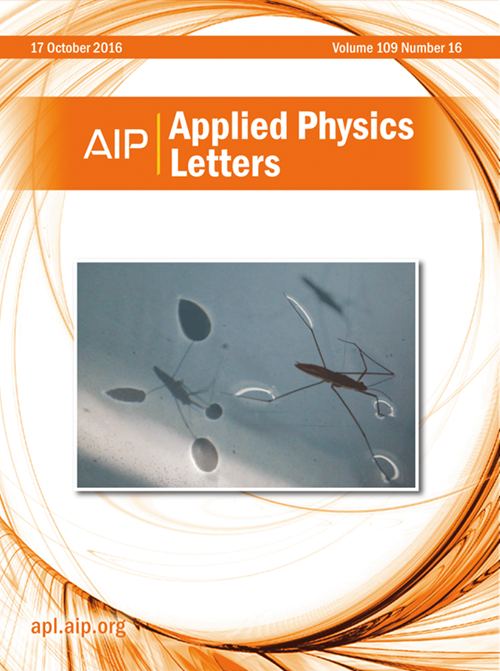超导量子电路的原位混频器校准
IF 3.5
2区 物理与天体物理
Q2 PHYSICS, APPLIED
引用次数: 0
摘要
混频器在超导量子计算中发挥着至关重要的作用,主要是通过促进信号的频率转换来实现量子态的精确控制和读出。然而,混频器的缺陷,特别是本地振荡器泄漏和不需要的边带信号,会严重影响控制的保真度。为了减少这些缺陷,定期进行精确的混频器校准是必不可少的,但这对大规模量子控制构成了巨大挑战。在这里,我们介绍一种使用超导量子比特的原位可扩展混频器校准方案。我们的方法利用了量子比特对不完美信号的响应,无需修改布线配置即可进行校准。我们通过对单量子比特栅极误差和量子比特相干时间进行基准测试,在实验中验证了这一技术的有效性。本文章由计算机程序翻译,如有差异,请以英文原文为准。
In situ mixer calibration for superconducting quantum circuits
Mixers play a crucial role in superconducting quantum computing, primarily by facilitating frequency conversion of signals to enable precise control and readout of quantum states. However, imperfections, particularly local oscillator leakage and unwanted sideband signal, can significantly compromise control fidelity. To mitigate these defects, regular and precise mixer calibrations are indispensable, yet they pose a formidable challenge in large-scale quantum control. Here, we introduce an in situ and scalable mixer calibration scheme using superconducting qubits. Our method leverages the qubit's response to imperfect signals, allowing for calibration without modifying the wiring configuration. We experimentally validate the efficacy of this technique by benchmarking single-qubit gate error and qubit coherence time.
求助全文
通过发布文献求助,成功后即可免费获取论文全文。
去求助
来源期刊

Applied Physics Letters
物理-物理:应用
CiteScore
6.40
自引率
10.00%
发文量
1821
审稿时长
1.6 months
期刊介绍:
Applied Physics Letters (APL) features concise, up-to-date reports on significant new findings in applied physics. Emphasizing rapid dissemination of key data and new physical insights, APL offers prompt publication of new experimental and theoretical papers reporting applications of physics phenomena to all branches of science, engineering, and modern technology.
In addition to regular articles, the journal also publishes invited Fast Track, Perspectives, and in-depth Editorials which report on cutting-edge areas in applied physics.
APL Perspectives are forward-looking invited letters which highlight recent developments or discoveries. Emphasis is placed on very recent developments, potentially disruptive technologies, open questions and possible solutions. They also include a mini-roadmap detailing where the community should direct efforts in order for the phenomena to be viable for application and the challenges associated with meeting that performance threshold. Perspectives are characterized by personal viewpoints and opinions of recognized experts in the field.
Fast Track articles are invited original research articles that report results that are particularly novel and important or provide a significant advancement in an emerging field. Because of the urgency and scientific importance of the work, the peer review process is accelerated. If, during the review process, it becomes apparent that the paper does not meet the Fast Track criterion, it is returned to a normal track.
 求助内容:
求助内容: 应助结果提醒方式:
应助结果提醒方式:


